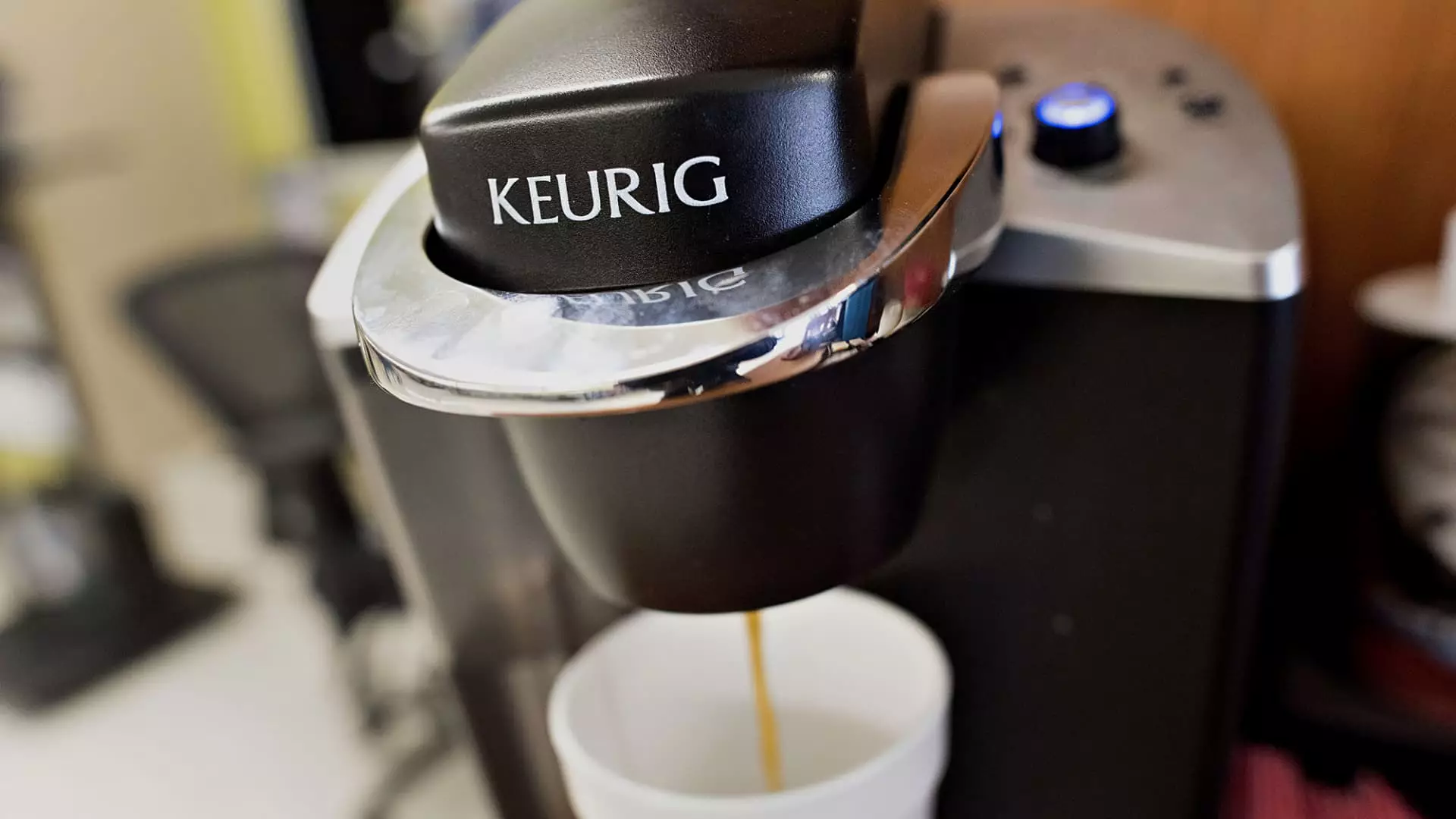Investors continuously keep a vigilant eye on the stock market, paying close attention to fluctuations and performance metrics of various companies. This article examines some of the most notable movements in company stocks, focusing on both gains and losses. Understanding what is shaping these movements can provide valuable insights into the broader economic landscape and future investment potentials.
Telehealth services have witnessed a remarkable rise in popularity, especially in the wake of the pandemic. However, Hims & Hers Health faced a significant setback recently, with its shares plummeting by 22%. The company’s fourth-quarter performance initially seemed positive, beating both earnings and revenue expectations. Nonetheless, the downturn occurred following the announcement of regulatory changes by the Food and Drug Administration (FDA). The FDA’s assertion that weight loss drugs, including Wegovy, are no longer in shortage has closed a previously exploited loophole for Hims & Hers, which allowed it to sell compounded weight loss medications. This change could significantly impact the company’s revenue streams, showcasing the vulnerability of the telehealth market to regulatory shifts.
Tempus AI: Falling Short of Expectations
Tempus AI also experienced turbulence, with shares declining by 14%. The tech-driven healthcare company reported fourth-quarter revenue of $201 million, disappointing market expectations that pegged it at $203 million. Furthermore, projections estimating revenue of $1.24 billion for 2025 could raise investor concerns about growth assumptions. Failing to meet short-term targets may undermine investor confidence in the company’s long-term ambitions, exacerbating challenges that tech health firms face in a competitive environment.
In contrast, pharmaceutical giant Eli Lilly saw its shares rise by 1%, buoyed by the introduction of higher-dose vials of its weight loss medication Zepbound at lower prices through its direct-to-consumer website. This strategic decision enables Eli Lilly to attract more self-pay patients, enhancing its market position amid rising competition from other pharmaceuticals entering the weight loss drug market. Eli Lilly’s innovation-driven approach can serve as a case study for other firms seeking to adjust their strategies amid shifting market dynamics.
The online education sector is struggling as illustrated by Chegg’s scenario; the company’s stock crashed by approximately 20% after reporting a net loss of $6.1 million alongside revenue of $143.5 million for the fourth quarter—representing a 24% year-over-year decline. Chegg’s lawsuit against Google, alleging that the tech giant’s AI-generated summaries have negatively impacted its traffic and revenues, further complicates matters. This case highlights the broader challenges faced by traditional online education providers as they contend with the rapid pervasion of AI technologies and changing consumer preferences.
Keurig Dr Pepper: A Success Story
Conversely, Keurig Dr Pepper proudly reported a nearly 3% increase in shares after outperforming earnings and revenue expectations for the fourth quarter. Posting adjusted earnings of 58 cents per share on revenue of $4.07 billion, Keurig’s success demonstrates its resilient business model amid fluctuating consumer spending patterns, establishing it as a key player in the beverage market.
Conversely, Cleveland-Cliffs’ stock fell by 3% following a wider-than-expected loss in its fourth quarter. Reporting a loss of 92 cents a share and a 15% revenue decline, the steel manufacturer faces significant headwinds as traditional industries grapple with economic slowdown and rising operational costs. Similarly, Krispy Kreme’s shares plummeted over 18% after it reported disappointing earnings of just 1 cent per share on revenue of $404 million. The company’s full-year outlook missed Wall Street’s expectations, illustrating the challenges faced by established brands struggling to maintain growth momentum.
Li Auto: A Bright Spot in Electric Vehicles
In stark contrast, Li Auto saw its stock surge nearly 14% following the launch of its first fully electric sports utility vehicle, the Li I8. The burgeoning electric vehicle market provides a promising avenue for growth, and companies such as Li Auto could significantly reshape the automotive landscape as consumer demand shifts towards sustainable transport solutions.
Overall, the stock market showcases a blend of successes and struggles across various sectors. While tech and health services face tightening regulations and competitive pressures, traditional industries grapple with inherent economic challenges. Conversely, companies like Keurig Dr Pepper and Li Auto exemplify resilience and potential growth trajectories. Investors must remain adept at navigating these varying climes, ensuring strategic decisions are informed and grounded in comprehensive market analyses. As financial landscapes continue to evolve, ongoing vigilance will be paramount for market participants.

